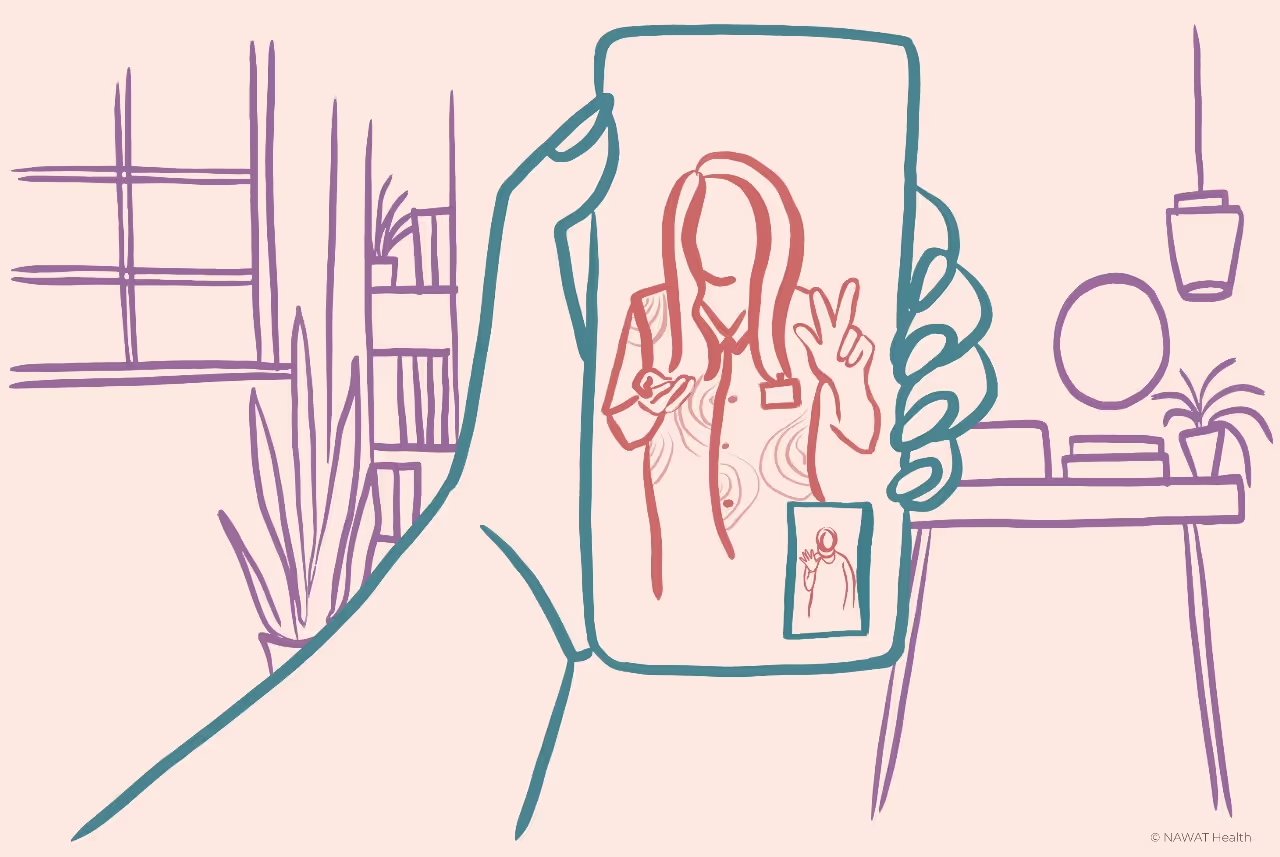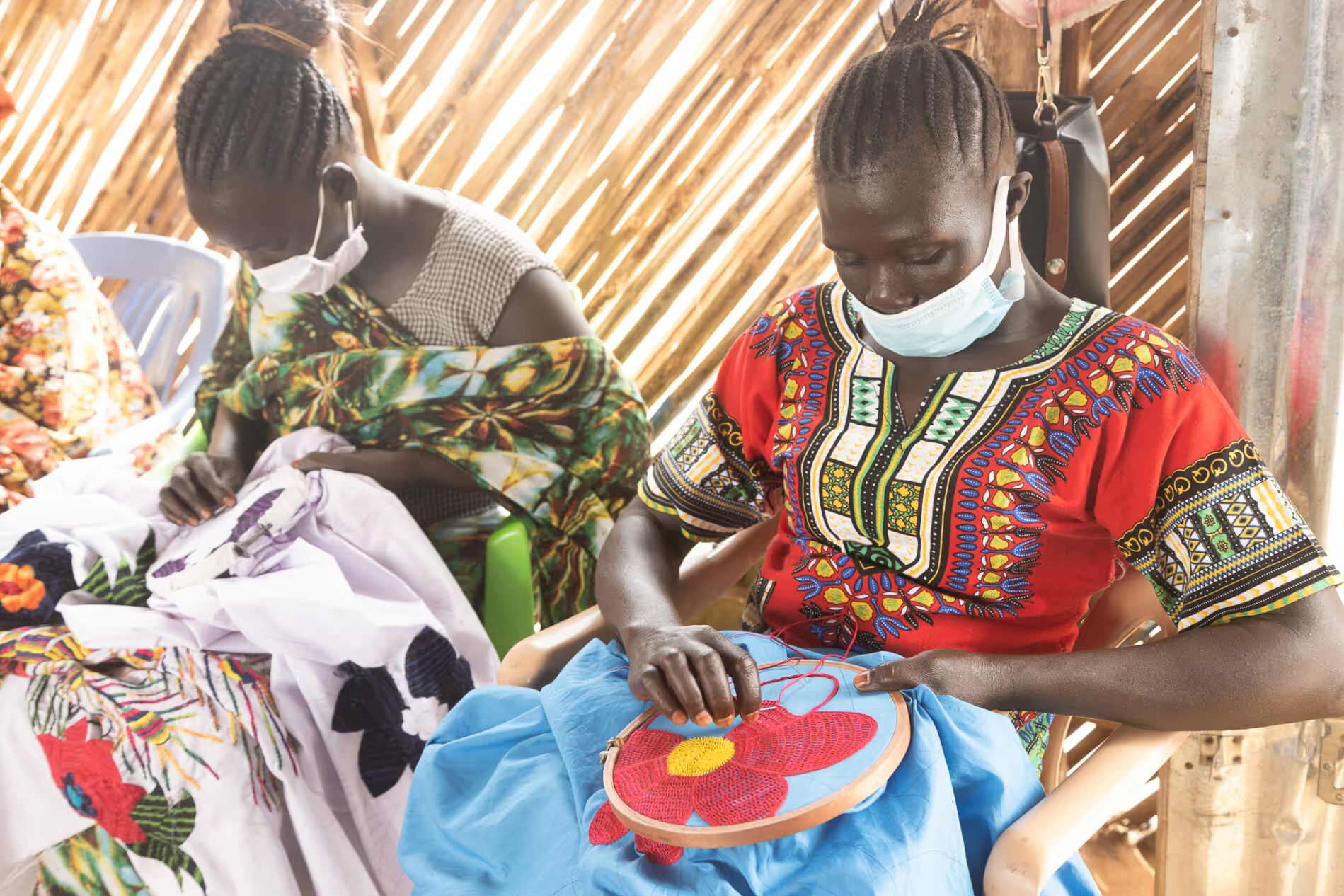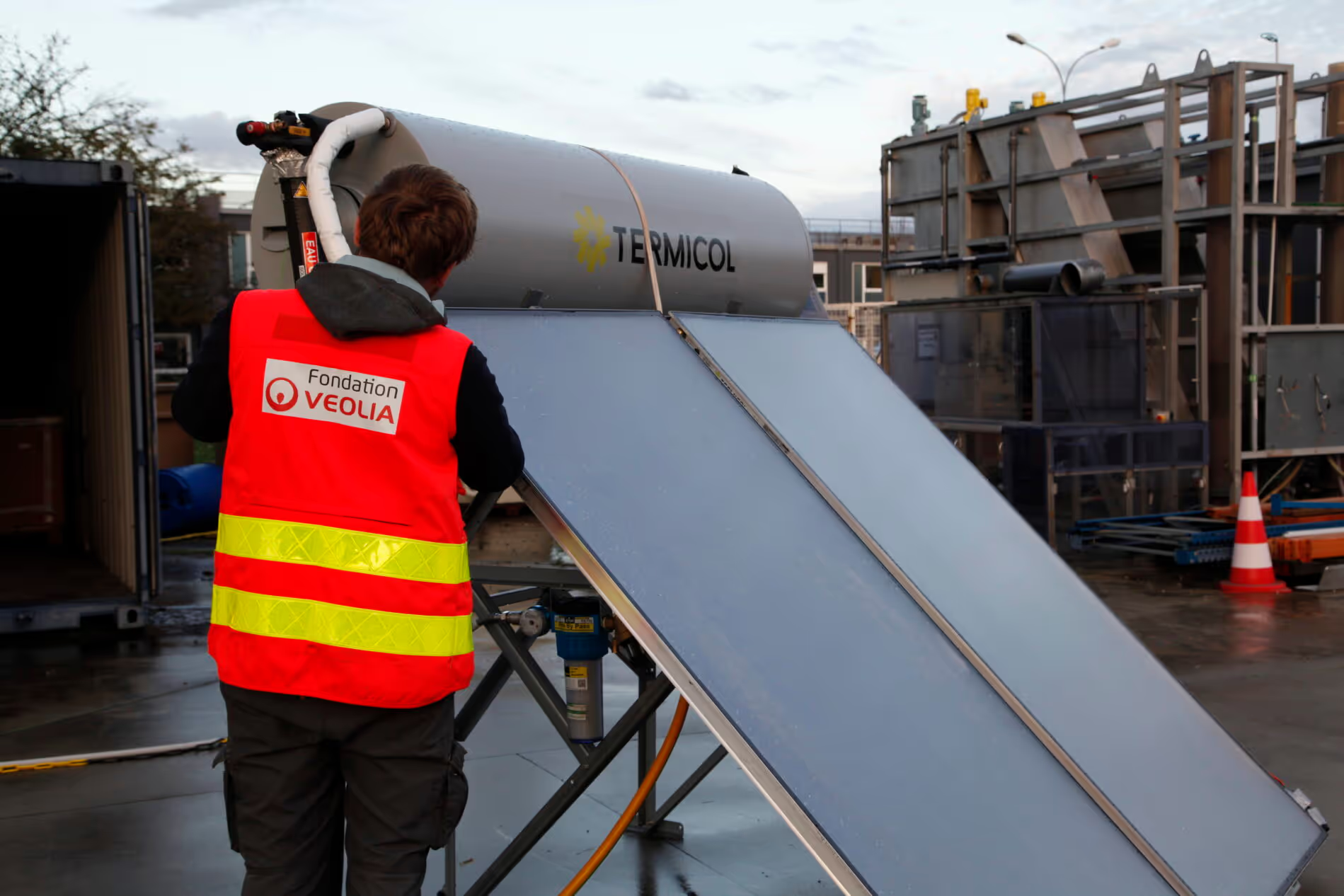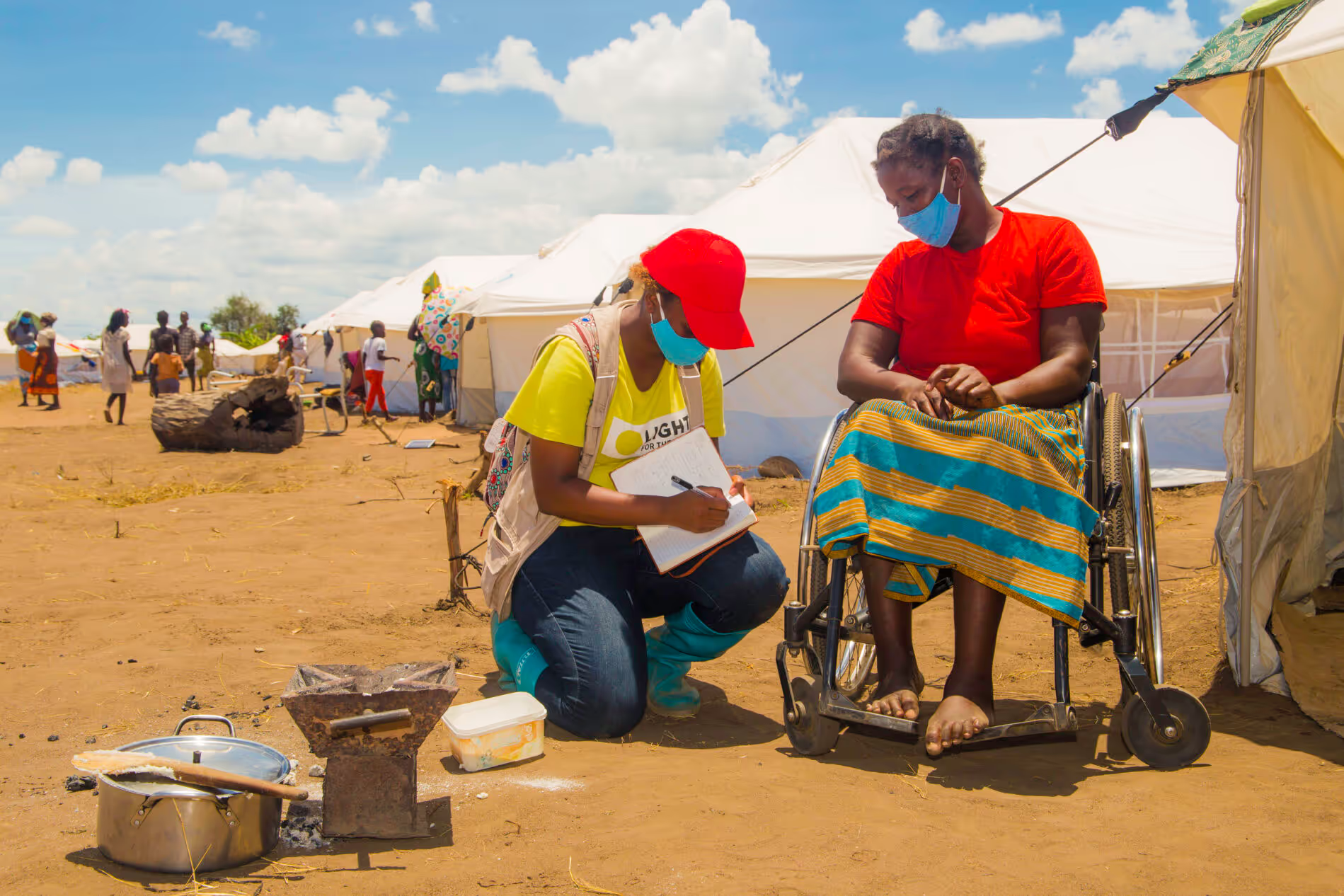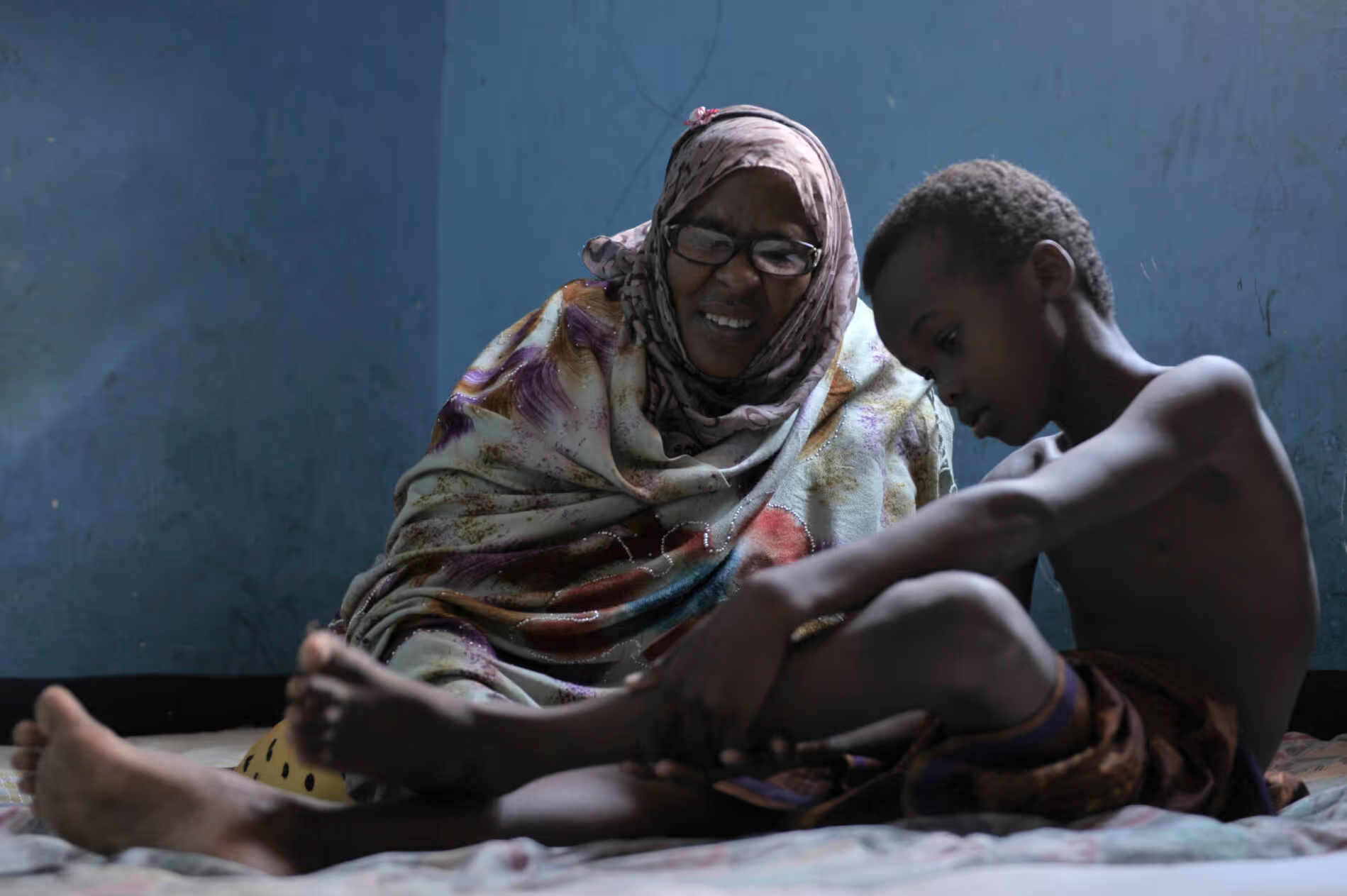User-centred engagement for child-friendly sanitation design in rapid-onset emergencies
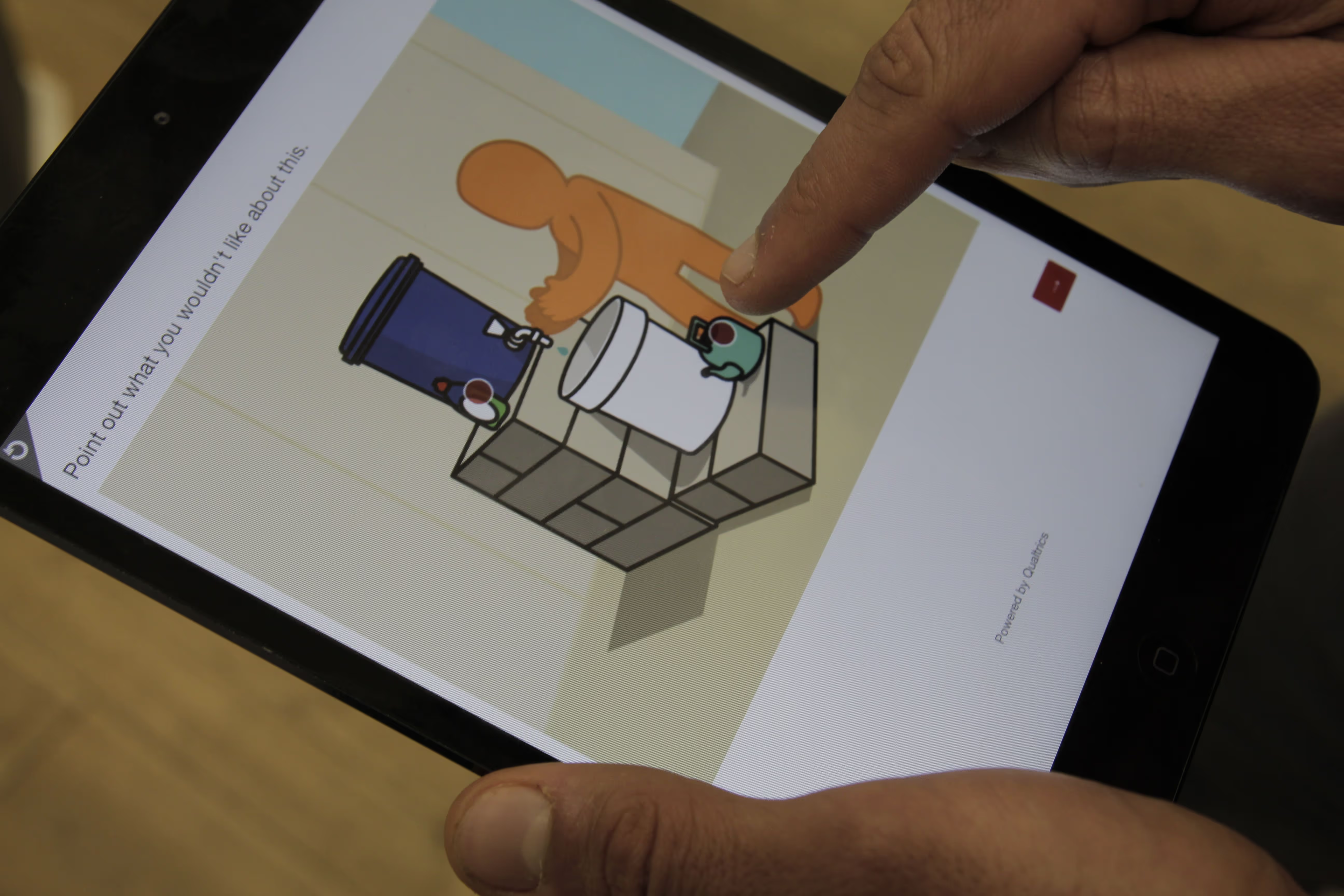
Project overview
Save the Children UK and Eclipse Experience are piloting a user-centred engagement to be used in rapid-onset emergencies for the design of child-friendly sanitation facilities.
Project solution
This project offers [specific solution or intervention] to tackle [challenge]. By implementing [strategies, tools, or innovations], the project aims to achieve [desired outcomes]. The approach is designed to [specific actions or methods] to bring about meaningful change in [community, region, or issue area].
Expected outcomes
This project aims to achieve [specific outcomes], such as [measurable results, improvements, or changes]. The expected impact includes [benefits to the target community, advancements in research or innovation, or long-term effects]. By the end of the project, we anticipate [specific changes or milestones] that will contribute to [broader goals or objectives].
What is the humanitarian need?
Children under 18 can represent over 50% of a crisis-affected population. If an appropriate sanitation response is to be designed for disaster-affected populations then the specific needs and concerns of children must be clearly understood. If not addressed properly, inappropriate sanitation facilities can lead children to practice open defecation, which poses serious health risks to lives already at risk.
Additionally, child participation in sanitation design is rarely user-centred. Children are often only consulted, rather than engaged through participatory collaboration. Further challenges exist around including the most marginalised groups, ensuring safe participation and accounting for existing socio-cultural sanitation norms and practices.
What is the innovative solution?
With a first phase of funding from Elrha’s Humanitarian Innovation Fund (HIF), the two pilot projects engaged children aged 5-12 and their caregivers, in displacement camps, through iterative, user-centred engagement. Over a 12 week period, children and caregivers pain points and preferences were captured through two interactive surveys and design improvement ideas with the community during co-creation sessions. Key milestones for this included:
- Digital engagement I: conducting initial surveys in camp households. The survey captured sanitation pain points and preferences through interactive illustrations of sanitation designs, smiley face scales and closed-questions.
- A co-creation session: using data from the survey, pain points were explored in more depth. This strengthened the understanding of current sanitation behaviors, and allowed participants to propose and rank design improvements. Community input was therefore able to influence sanitation design alterations, from minor structural changes to new constructions.
- Digital engagement II: A second survey to measure the satisfaction with alterations and collect final feedback. This informed final updates.
Following the successful delivery of the above milestones, in 2019, Save the Children UK was awarded a second grant from the HIF’s diffusion call to support the scaling of this intervention. A dedicated toolkit to support User-Centred Community Engagement is being developed and tested in the field pilot. The tested toolkit and further evidence from and independent evaluation will support diffusion efforts in humanitarian practice; driving the involvement of crisis-affected communities in WASH and beyond.
What are the expected outcomes?
In the first phase of funding, a methodology that can be applied in rapid-onset emergencies to inform the design of latrines and sanitation facilities that are usable and safe for both adults and children was developed. The methodology has been widely published, and a partnership was built to support its further development.
After achieving proof of concept for the User-Centred Community Engagement methodology in the first two HIF-funded pilots, the project will further refine the methodology, produce evidence on its effectiveness in another context via an independent evaluation as well as develop a toolkit prototype that supports its effective implementation in the field with the second grant from the HIF’s diffusion call.
Read the Humanitarian WASH Innovation Catalogue
Learn more about this WASH project, and many others, in our Humanitarian WASH Innovation Catalogue.
[.cta_link]Read now[.cta_link]
Project delivery & updates
Stay up to date with the latest developments from this project. Here, you will find details on what has been delivered, resources created, and regular updates as the project progresses. Access key documents, reports, and other materials to see how the project is making an impact.

